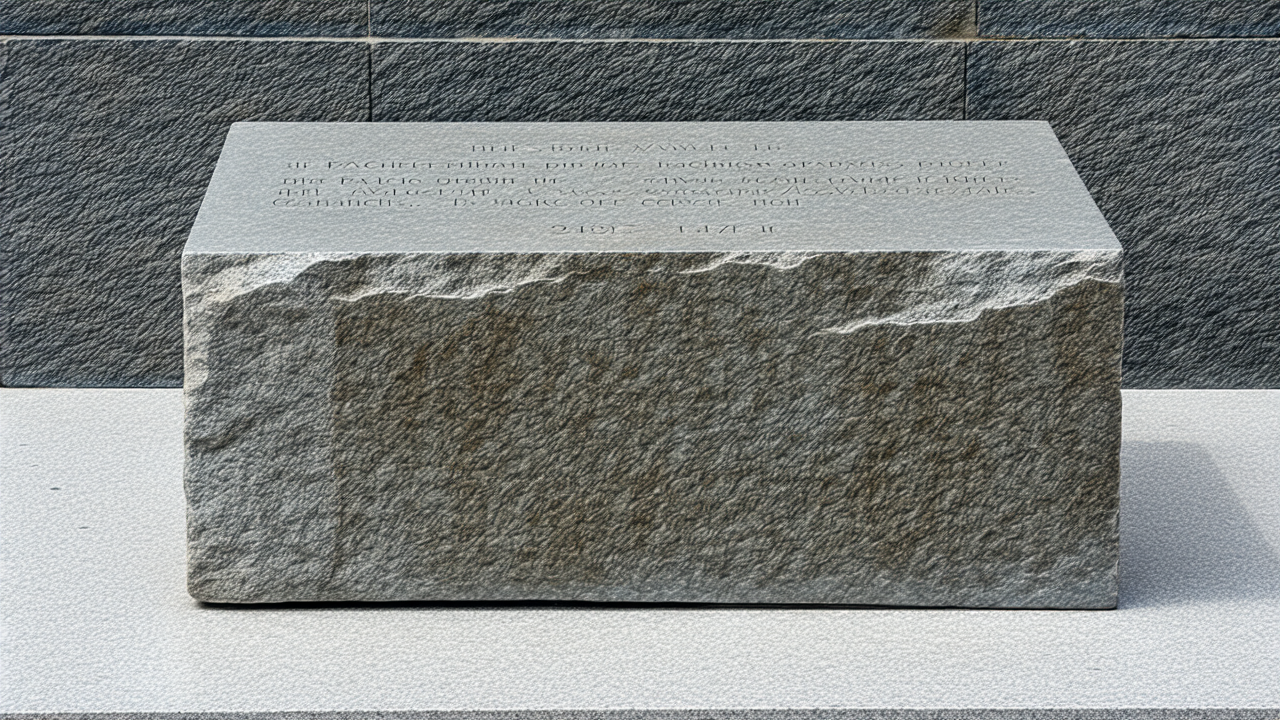Pacific Leaders Demand Respectful Involvement in Memorial for Unmarked Graves
Pacific Leaders Demand Respectful Involvement in Memorial for Unmarked Graves
Porirua City Council is preparing to erect a memorial for more than 1,800 former patients of the local hospital who were buried in unmarked graves. However, Pacific community leaders are calling for meaningful involvement in the process, emphasizing the need to incorporate prayer, language, and cultural ceremonies into the memorial.
The project, which has sparked significant community interest, has drawn the attention of more than 50 people, many of whom are descendants of those buried without headstones. Daniel Chrisp, the Cemeteries Manager, has expressed appreciation for the engagement from families and has already placed 99 pegs to mark the graves of those who have come forward.
The Porirua Lunatic Asylum, which later became Porirua Hospital, operated from 1887 until the 1990s. At its peak, it was one of Aotearoa New Zealand’s largest hospitals, housing over 2,000 patients and staff. The memorial project is part of the government's response to the Royal Commission of Inquiry into Abuse in Care, which has allocated a national fund for headstones for unmarked graves.
However, some Pacific leaders have raised concerns about the lack of consultation with the Pacific community. Teurukura Tia Kekena, chairperson of the Porirua Cook Islands Association, expressed disappointment that the community was not involved in the initial discussions. She emphasized the importance of acknowledging the deceased in a way that reflects Pacific values, including faith, family, and cultural protocol.
Kekena highlighted the emotional significance of the memorial, noting that it could help heal intergenerational trauma. She urged the council to work closely with the Cook Islands community and to ensure that the memorial reflects the cultural and spiritual needs of the Pacific people.
Professor Yvonne Underhill-Sem, a Cook Islands community leader and Professor of Pacific Studies at the University of Auckland, echoed these sentiments. She emphasized the importance of remembering the deceased as part of the whānau and the need to name the graves for the benefit of future generations.
Porirua City Council has responded by stating that they are actively sharing the list of names with the public and encouraging all communities, including Pacific groups, to help identify families. So far, 99 families have come forward. The list of names is available on the Council's website, and the council is seeking assistance from Pacific networks, churches, and elders to reach more families.
Councillors Izzy Ford and Moze Galo, who are Pacific members of the council, have emphasized the need for the memorial to reflect Pacific values. Ford stressed that burial sites are sacred spaces that hold cultural significance, while Galo called for the memorial to be warm, colorful, and welcoming, with space for prayer and reflection.
The council has applied for $200,000 from the national fund to install the memorial, which will list every known name. The project is not only about honoring the deceased but also about restoring a sense of belonging and dignity to the families and communities affected by the unmarked graves.
Members of the public who recognize a family name on the list are encouraged to contact the council at [email protected].
